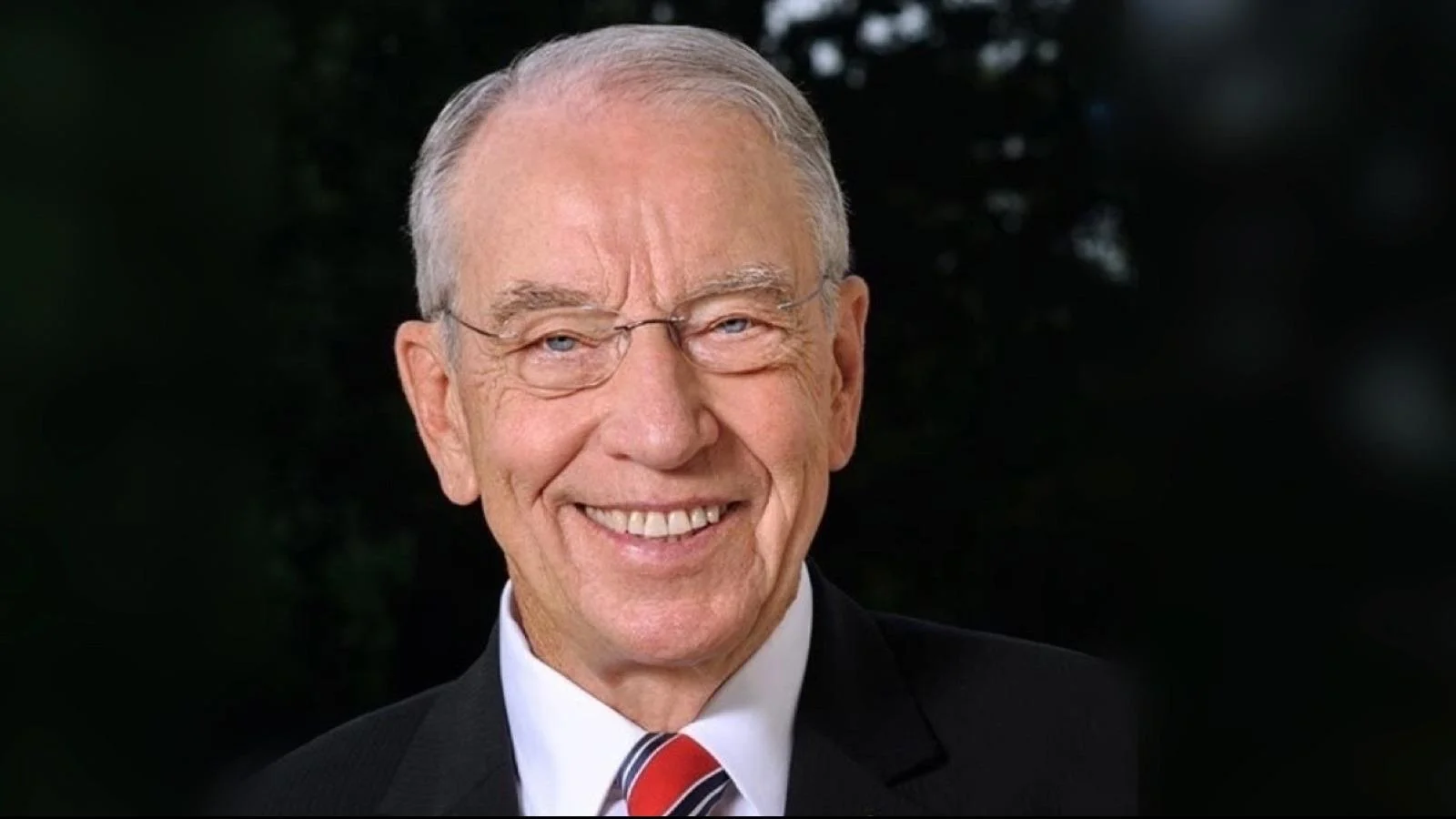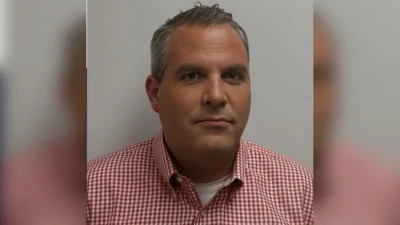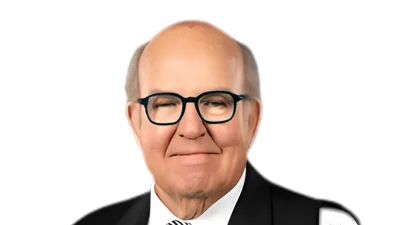Senator Chuck Grassley | Official U.S. Senate headshot
Senator Chuck Grassley | Official U.S. Senate headshot
Ahead of the Senate’s vote on Emil Bove’s nomination to the United States Circuit Judge for the Third Circuit, Senate Judiciary Committee Chairman Chuck Grassley (R-Iowa) provided a detailed account of his committee’s efforts to vet Bove in response to three whistleblower allegations.
Grassley addressed the Senate floor, emphasizing that he and his staff took all whistleblower disclosures seriously. “Any assertion that I or my staff was uninterested in the evidence is false,” Grassley said.
Bove’s nomination has faced scrutiny due to allegations raised by whistleblowers. Grassley, who co-founded and co-chairs the Senate Whistleblower Protection Caucus, outlined how his team reviewed each disclosure despite procedural challenges and delays in receiving information from Democratic colleagues. He stated that Democrats received additional records related to the allegations but did not share them with Republicans until just before a scheduled committee markup.
“My staff reviewed the disclosures document-by-document and analyzed the facts. The result? Almost none of the material references Mr. Bove at all. More concerningly, the Democrat summary grossly mischaracterized the documents it purported to summarize. In short, the documents didn’t say what Democrats say they did,” Grassley said.
He also described interviews conducted by his staff with multiple individuals present at a key meeting mentioned in one of the whistleblower complaints. According to Grassley: “Four separate people other than Mr. Bove who were present in the meeting told us the following: There was never any directive to ignore a court order; and Each of them left the meeting with the understanding that the Justice Department would aggressively litigate, but would follow court orders.”
Grassley noted that even if most claims in initial whistleblower allegations were accepted as true, there was no misconduct involved—only standard legal strategy discussions by government lawyers.
Addressing more recent allegations shared through social media and advocacy groups, Grassley said his office reached out repeatedly for original evidence but encountered delays and limited access to information. “My staff assured them that we would review the evidence in good faith, but all weekend, my staff was stonewalled and given the runaround. Any assertion that I or my staff was uninterested in the evidence is false,” he said.
When new information became available, Grassley asked Bove for a direct response to claims about inconsistent testimony before Congress. In a letter to Grassley’s office, Bove denied misleading statements: “He explained that he testified truthfully in response to ‘compound yes/no questions that sought to attribute words to me that I did not use during the February 14, 2025 video meeting.’ He also responds to the attacks on his character and rejects the allegations against him.”
Grassley defended his approach toward whistleblowers throughout his career: “No one can say that I don’t take whistleblower complaints seriously, or that I don’t investigate allegations in good faith. I’ve always said that my door is open to whistleblowers, and my efforts regarding the Bove nomination show this is true.”
He criticized Democratic members for what he called unfair tactics and withholding information until politically strategic moments during confirmation processes.
“If anyone, including my colleagues, has information regarding a nominee that they believe is relevant to their fitness for office, I expect them to share it with me in a timely and candid manner so that the allegations can be fairly vetted,” Grassley said.
Grassley concluded by reiterating support for Emil Bove’s nomination: “I look forward to supporting Mr. Bove and urge all of my colleagues to do the same.”




 Alerts Sign-up
Alerts Sign-up